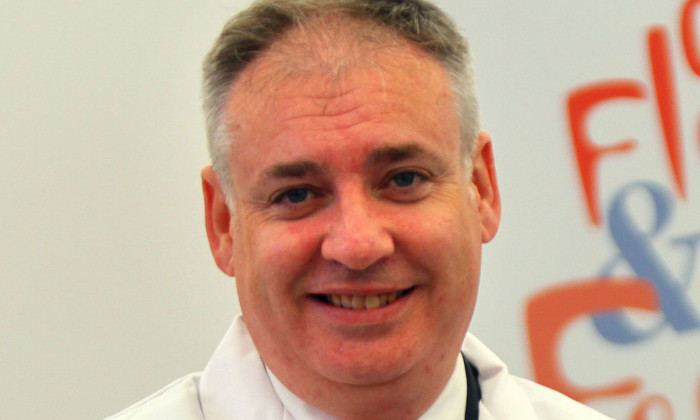Scotland’s Cabinet Secretary for Rural Affairs has suggested 2014 will be a “truly momentous year”.
In a highly politicised New Year message Richard Lochhead said: “It is a year in which hugely important decisions will be taken on the future of Common Agricultural Policy (CAP), and, with the independence referendum on September 18, on the future of our whole country.
“It is in our national interest that we retain the skills and capacity to produce food on our own land. That’s why we have to get these big decisions right.
“We are now consulting on how to implement the new CAP in Scotland and how to allocate our budgets in the coming years.
“If there is one thing I have learned these past years it is how our constitutional arrangements influence the success of farming.
“We may face tough decisions in Scotland over how to allocate Europe’s lowest share of CAP budgets but if the UK Government had got its way and not been outvoted by the other member states then direct payments to Scotland’s farms would have been reduced even further.”
Much of Mr Lochhead’s message was in similar vein with the attraction of an independent Scottish Government continuously highlighted.
“We need to speak up for ourselves in Europe and not let others with different priorities speak for us,” he said.
“For example, with independence, Scotland will be able to negotiate directly within the EU and we will make the agriculture sector a priority, including vital future discussions on the Common Agricultural Policy.
“If Scotland had been independent during the recent CAP negotiations, we would have qualified for a e1 billion agricultural subsidy uplift.
“We would also have had the opportunity to join 16 other EU countries in negotiating hundreds of millions of euros more in rural development funding money that we could invest in rural tourism, environmental protection, broadband and renewables and start-up assistance for young farmers.
“Instead, the UK Government has negotiated a comparatively worse deal for Scotland.
“As if that wasn’t bad enough, the UK qualified for a e220 million uplift because of Scotland’s low payments but instead of that funding coming to Scottish farmers, in line with the wishes of the European Union and Scottish Parliament, it was divvied up across the whole of the UK.
“There is also the prospect of agricultural support being cut completely if Scotland remains in the UK.
“Scotland faces the possibility of leaving the EU because of Westminster’s planned in-out European referendum.
“If there is a vote to leave the EU, Scottish agriculture and our rural industries will no longer be part of the CAP and will be in the hands of a Westminster government with a stated policy of phasing out farm payments.”
Mr Lochhead did not use his message to explain what would happen to farming support if an independent government found itself in prolonged negotiations to see Scotland recognised as an EU member state.
He did stress that an independent government would introduce better broadband, mobile telecoms and postal services and ensure rural businesses are not penalised on price or coverage simply because they live more remote areas.
On CAP implementation Mr Lochhead said: “While other countries in Europe are deciding how to spend their additional funds, I am having to decide what to do with a much smaller budget. That means the new rural development programme must be more focused.
“The previous SRDP tried to be all things to all people, and spread the jam a little too thinly.
“This time round, we must ensure that the available funding is better targeted at priority areas such as LFASS and agri-environment schemes to ensure maximum benefit for our limited resources.
“We will also design a new system of direct payments in 2014 and we must ensure that it is as fair, as simple and as green as possible.
“This means we need to strike the right balance between flexibility and simplicity so that we can maintain the capacity to produce food as a nation while protecting the environment.
“Some farmers will want time to adjust to this new system, but I am not prepared to make new entrants wait a minute longer than necessary to receive direct payments.
“The provisions we have secured for the National Reserve means that new entrants and others currently excluded from Single Farm Payments will get a fair deal from day one of the new CAP.”
Mr Lochhead suggested that greening measures in the new CAP will offer “a tremendous opportunity for Scottish farming with Scotland’s abundance of natural resources and fantastic raw ingredients helping to give us a competitive edge on the international stage.”
The Cabinet Secretary pointed to his forthcoming Review of Agricultural Holdings Legislation and the report from the Land Reform Review Group.
